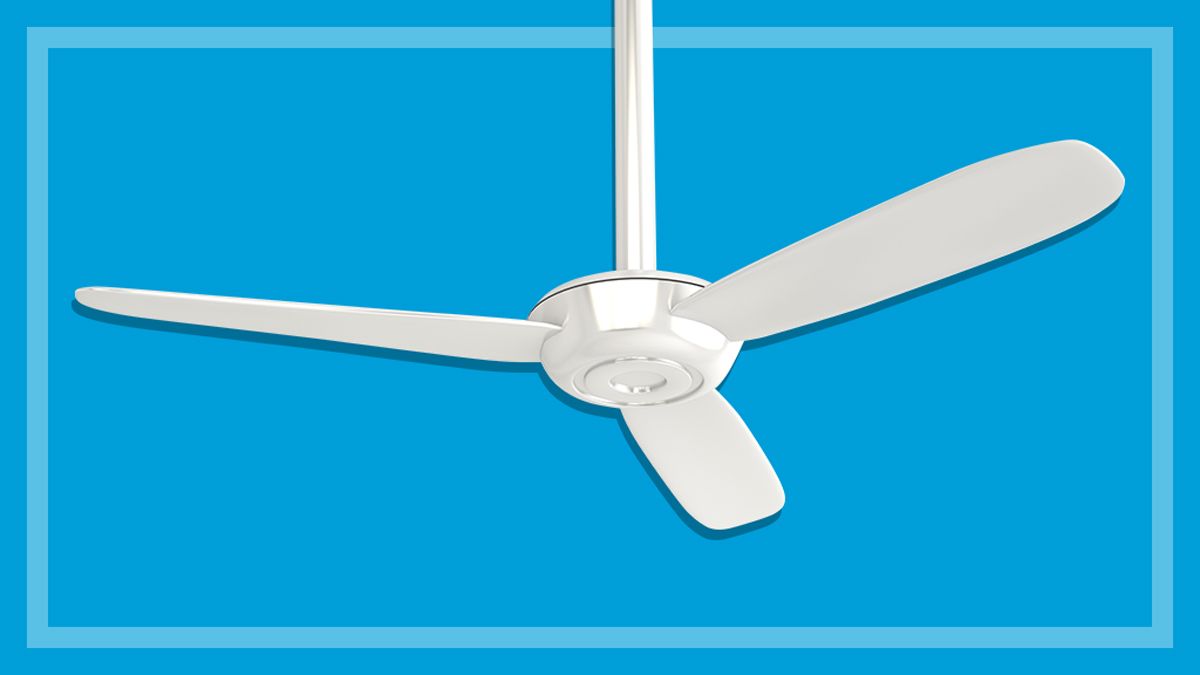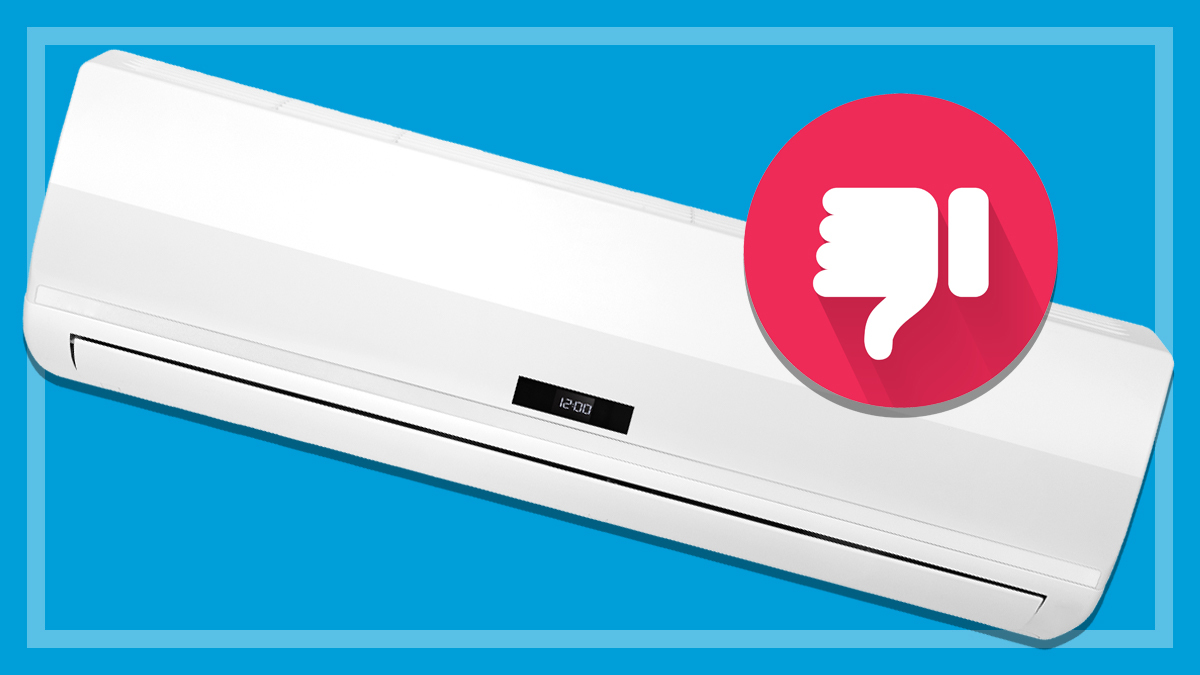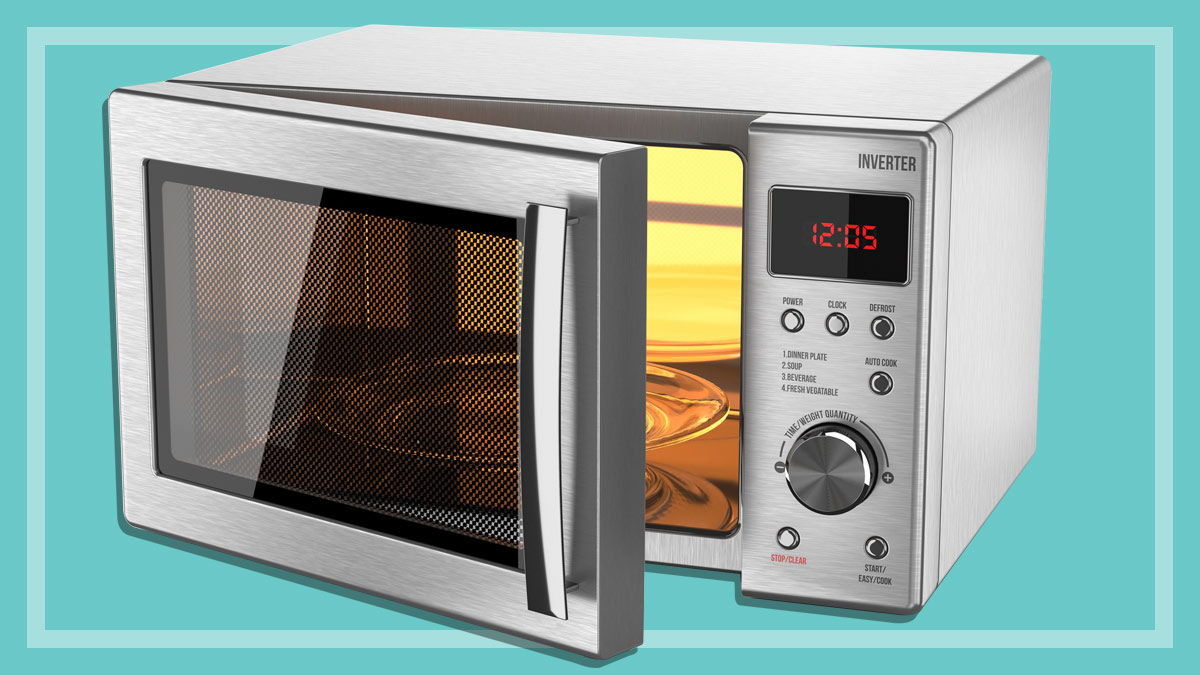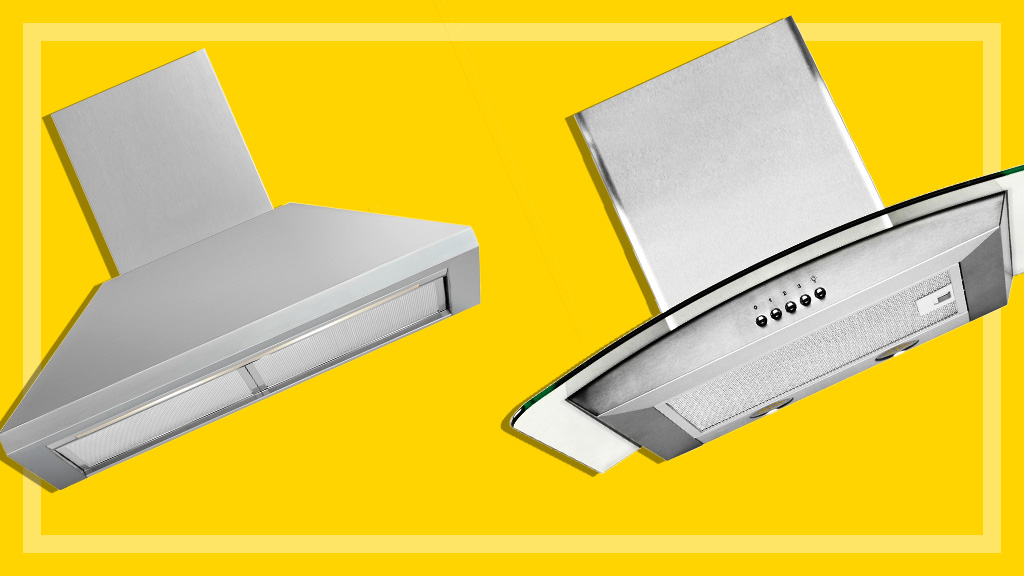Get our independent lab tests, expert reviews and honest advice.
The kitchen cleaning jobs you should be doing (but probably aren’t)
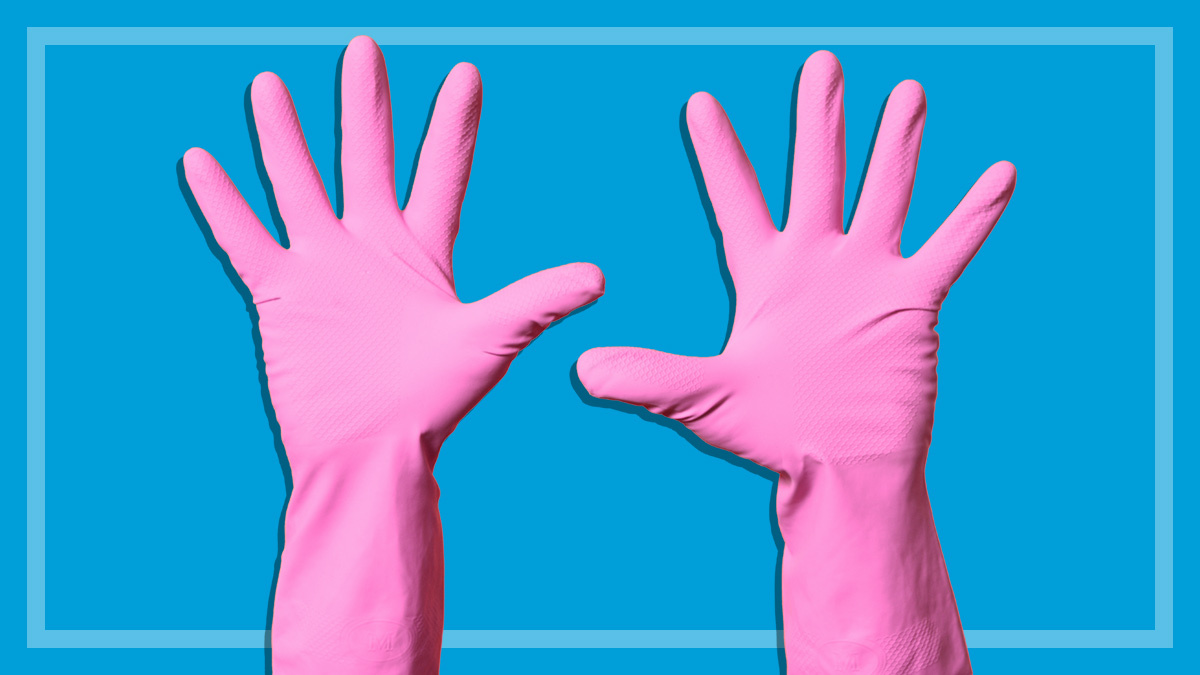
When it comes to housework, most of us operate on an ‘out of sight, out of mind’ policy, so certain tasks are often overlooked in our everyday cleaning routines. (Ever looked behind your fridge? Thought not.)
And there are probably some things you use regularly that you’d never even thought to clean.
Some cleaning jobs are worth the time investment: they’ll make cooking easier, safer – and some can even save you money
Life’s too short to bother painstakingly removing every single crumb from your toaster, but some cleaning jobs are worth the time investment: they’ll make cooking easier, safer – and some can even save you money.
Here’s what our kitchen experts say are the must-do cleaning jobs that you probably don’t realise need doing.
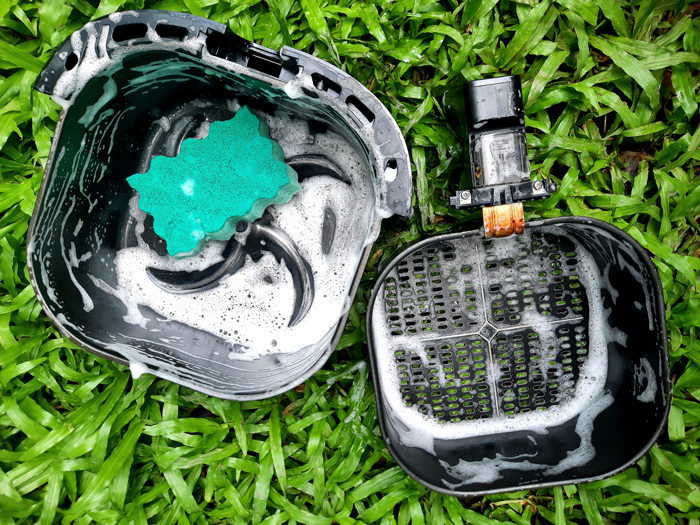
Washing your air fryer basket every time you use it
Air frying is all about speed and convenience, and you probably want to tuck into your chicken nugs as soon as they’re ready, rather than worrying about cleaning.
But when you’re tidying up after your fast-food-at-home lunch, spare a thought for your next air-fried meal. Your tastebuds (and your smoke alarm) will thank you.
If there are any crumbs left behind, they could burn the next time you use your air fryer. And oil residue can start smoking once your machine heats up. Worst case scenario: it could start a fire.
When you’re tidying up after your fast-food-at-home lunch, spare a thought for your next air fried meal
Smoked chicken nuggets are unlikely to be the next food fad, and who wants to see a batch of those delicious golden chunks end up in the bin? Then there’s the smell of burnt nuggets that’ll linger for days, reminding you of the error of your ways.
Wiping around your air fryer’s fan and element is a good idea too, for similar reasons. Take care of your air fryer and it’ll reward you with many more years of air fried food. Read more tips on how to clean your air fryer.
Cleaning your dishwasher filter regularly
Yes, dishwasher filters are disgusting, and no-one likes cleaning them: they’re slimy, stinky, and shoving your hand into a gross, greasy hole that contains who-knows-what is the worst kind of Russian roulette.
(Well, probably not worse than actual Russian roulette, but it’s up there.)
But if you love not having to wash your dishes by hand and hate paying for appliance repairs, it’s a must-do. It’ll prevent your dishwasher clogging up (which creates an even more disgusting sludge puddle you’ll have to shove your hand into) and can keep your dishwasher running happily for longer.
So once a month, be brave, don some gloves if you have to, and get into that slimy hell pit. Maybe throw some chicken nuggets in the air fryer beforehand so you have a nice treat to look forward to when you’re done.
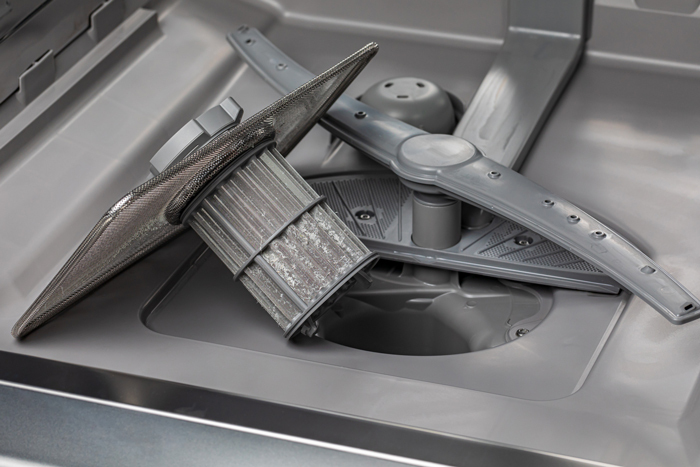
Wiping out your oven each time you use it
What? Every single time? Yep. If you want to save yourself hours of scrubbing in future, that is.
Just give it a quick wipe over after you cook and oven-cleaning day will be a breeze (and you won’t need to use those caustic cleaning products as often).
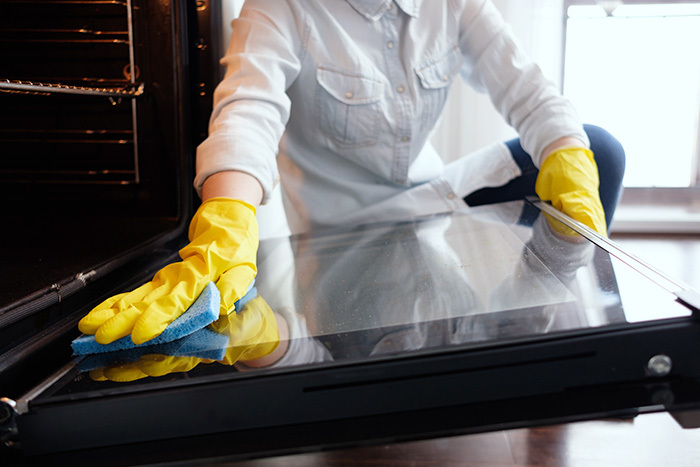
It’s best to wipe over your oven while it’s still warm, before any spills and splatters bake onto the surface.
To make things even easier, pop a bowl of hot water onto one of the racks and close the door for a few minutes. The steam will loosen up any crusty bits and make them easier to wipe away. (You can also put some lemon juice in the water to get rid of any smells.)
Bear in mind that grease will build up over time and you will need to use a home-made or store-bought cleaning mixture every so often. Luckily, we have a comprehensive guide to cleaning your oven, including a recipe for DIY oven cleaner.
If cleaning after every use seems too much (totally understandable), cleaning your oven at least once a month is okay, but if oven-cooked dinners are on high rotation in your household you might need to do it more often.
De-fuzzing your fridge’s coils
You probably haven’t seen the back of your fridge since you first bought it, but it needs some love occasionally, too.
The condenser coils on the back of your fridge get covered with dust over time, and this can affect the way it runs. If your fridge’s compressor starts switching on and off more often, that can be a sign that the coils need cleaning.
A fridge with dirty coils and not enough space will have to work extra hard to keep your food cold
Pull your fridge out from the wall and wipe or vacuum the dust away. (Just make sure the coils aren’t hot before you start wiping.) Some coils are covered by a grille; don’t forget to put it back on after you’ve finished.
While you’re there, make sure your fridge has enough room to breathe. Leaving at least 5cm between the back of the fridge and the wall means that heat can dissipate, taking the strain off.
A fridge with dirty coils and not enough space will have to work extra hard to keep your food cold, which will hit your pocket twice over: first in power bills, and then when you have to replace your fridge sooner than expected. Suddenly that quick clean sounds like a good investment, doesn’t it?
Degreasing your rangehood filters
Yawn, right? Rangehoods aren’t the most exciting appliance in the first place, and since the filters are out of sight, they’re usually out of mind too.
But if you neglect them for too long, your kitchen could go up in smoke – literally. The combination of built-up grease and heat can start a fire. Yikes.
If you neglect your rangehood filters for too long, your kitchen could go up in smoke – literally
The good news? It’s not a big job. Depending on your rangehood, you may be able to put the filters in the dishwasher (but definitely check the manual before you do). Otherwise, just leave them to soak in hot, soapy water for ten minutes, then wipe or scrub, rinse and dry.
Some rangehoods have carbon (charcoal) filters as well as the metal grease filters. These can’t be cleaned, so you’ll need to replace them periodically. (Washable ‘life-long’ carbon filters do exist, but they’re not common and they’re quite expensive.)
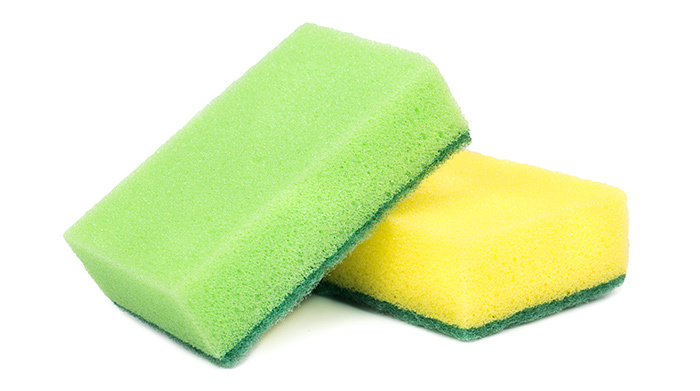
Binning old cloths and sponges
Sponges and cloths aren’t just great for wiping up spills: they’re also great at breeding bacteria. The warm, wet environment is perfect for germs, and the scraps of food trapped in them give these little nasties plenty of sustenance.
You might think you’re cleaning your benches when you wipe them with a sponge, but you could actually just be spreading bacteria around. Yuck.
So how do you stop your kitchen turning into a petri dish?
First up, don’t leave them sitting in the sink: rinse them well and hang them to dry. Get rid of old sponges on the regular, or if you want to keep them out of landfill longer, put your sponges and cloths in a washing bag and run them through the washing machine.
Giving chopping-board bacteria the chop
You probably give your chopping board a good clean after cutting up raw chicken, but is it good enough?
Unfortunately, warm water and dishwashing liquid aren’t quite enough to sort out the bacteria that could make you sick.
Using plastic chopping boards? Cleaning is a cinch: just put them in the dishwasher on a hot cycle. Wooden chopping boards need extra attention such as a hydrogen peroxide solution.
If your chopping board is getting whiffy from foods like onion and garlic, soak it in boiling water and rub a cut lemon on the surface to help remove any odours.


